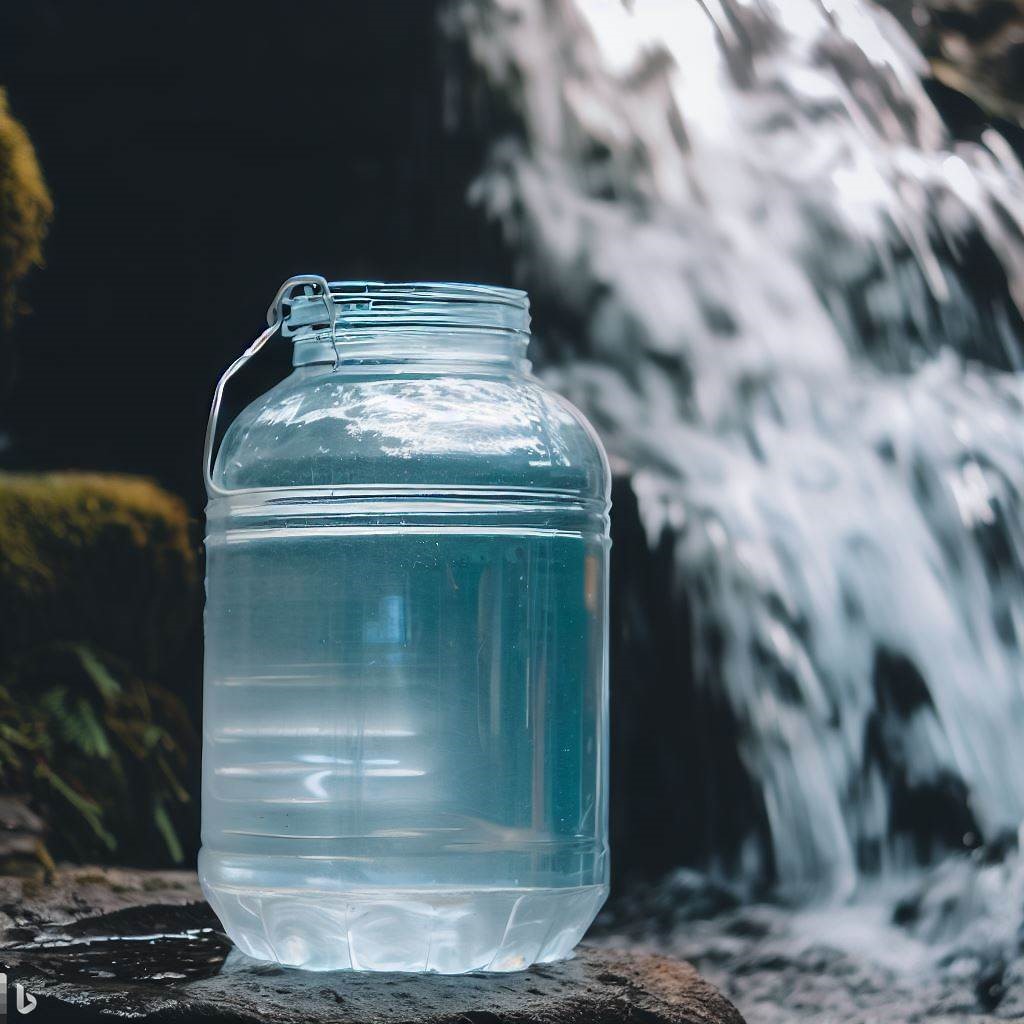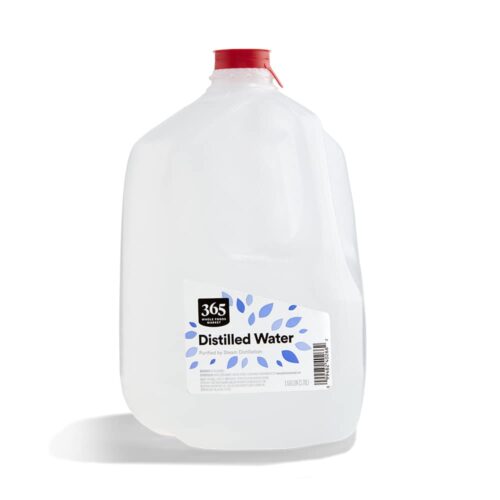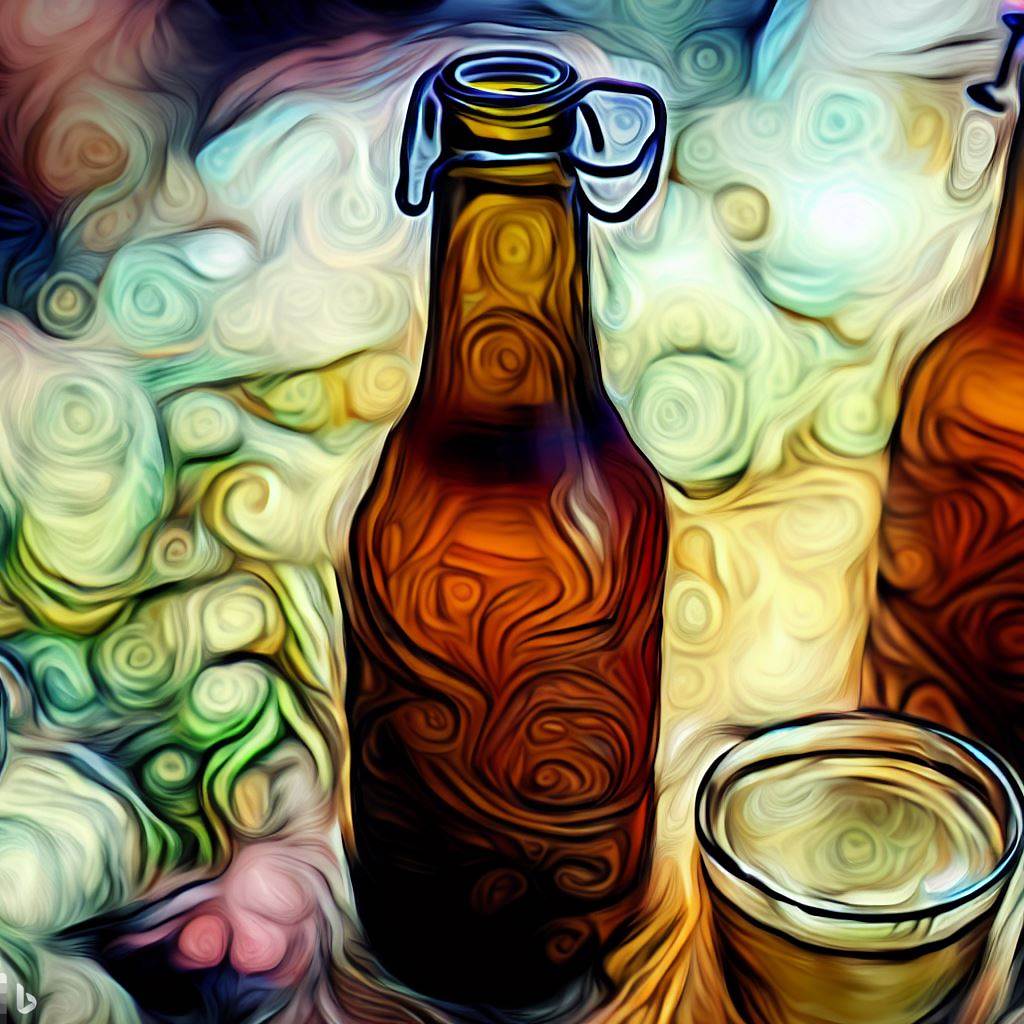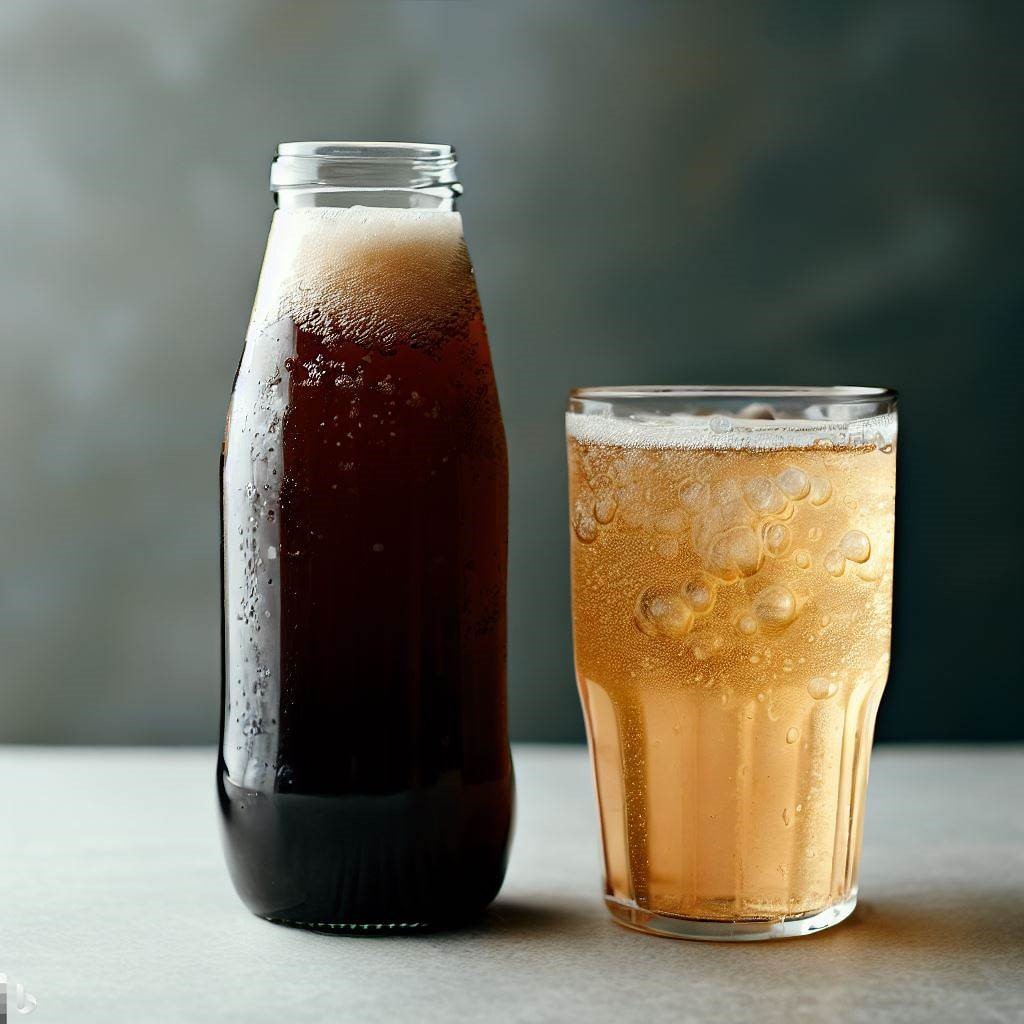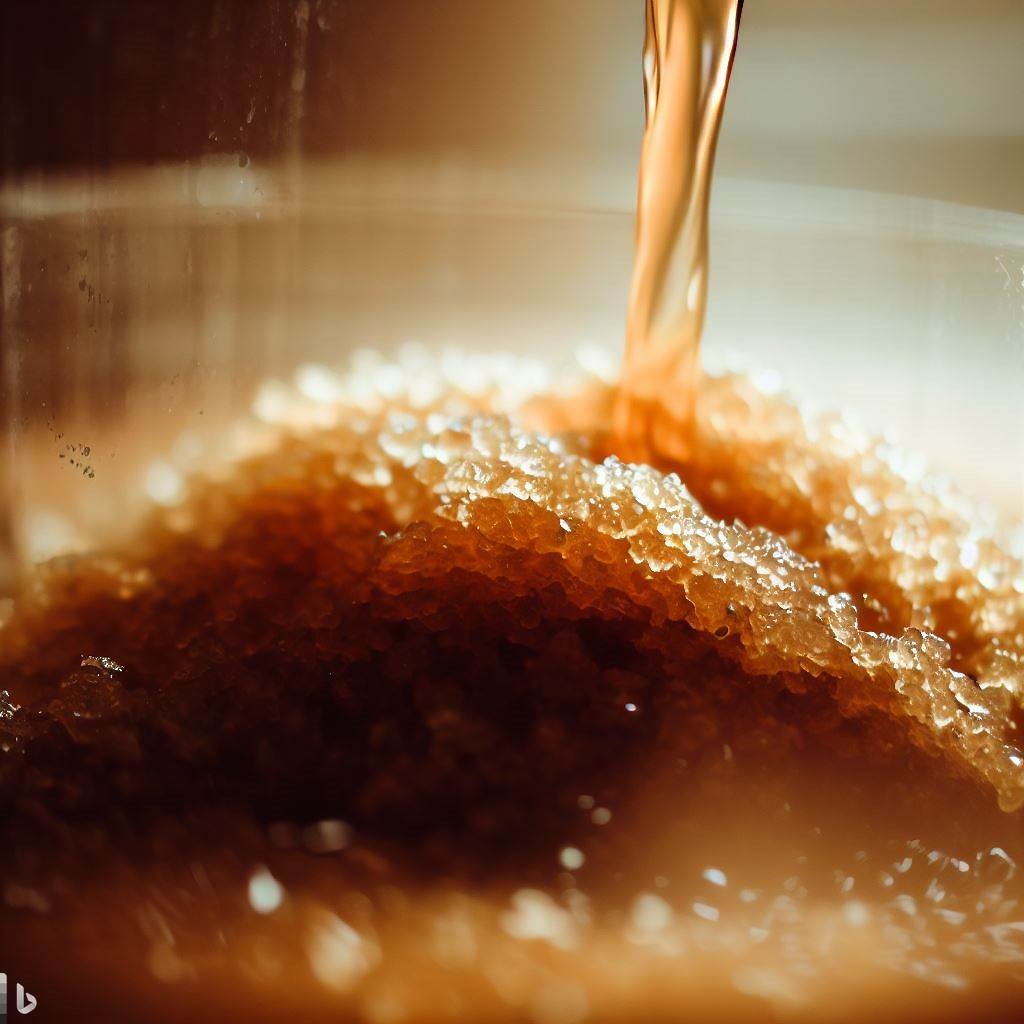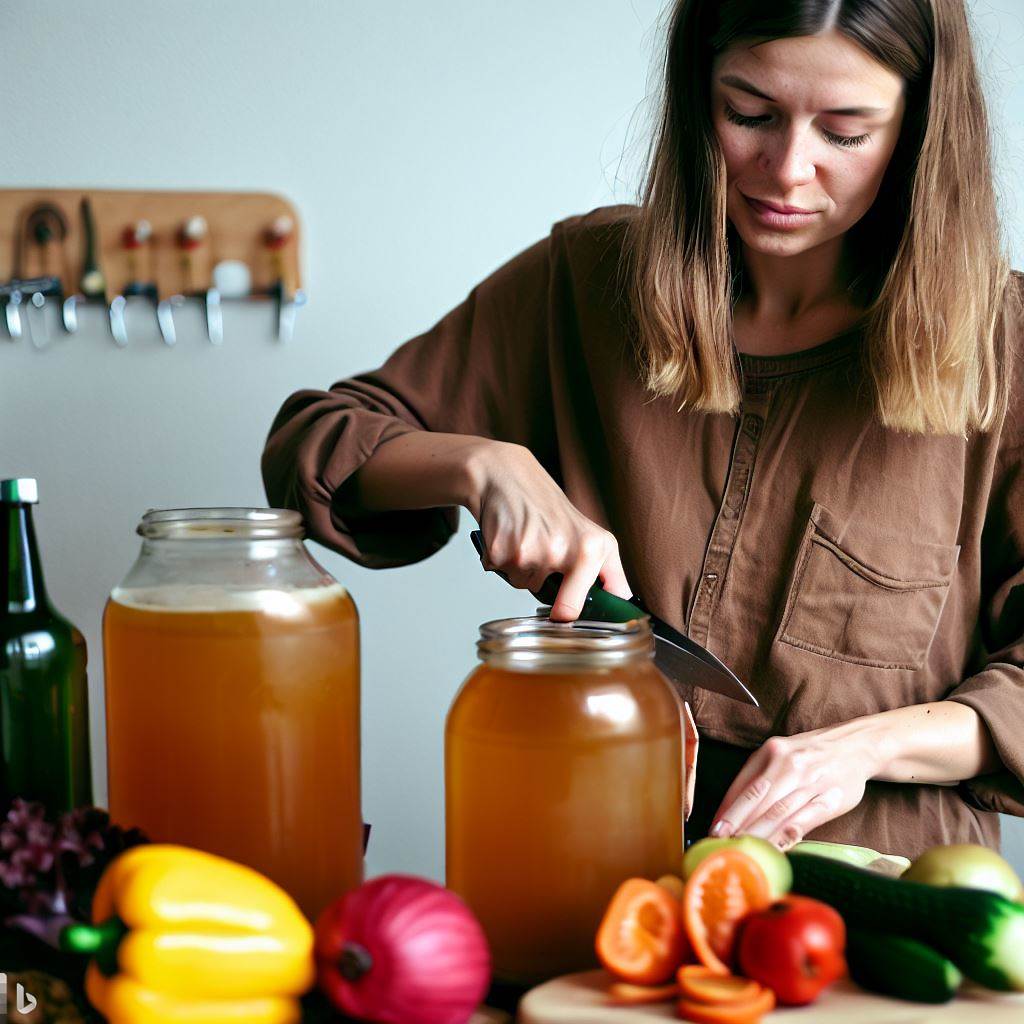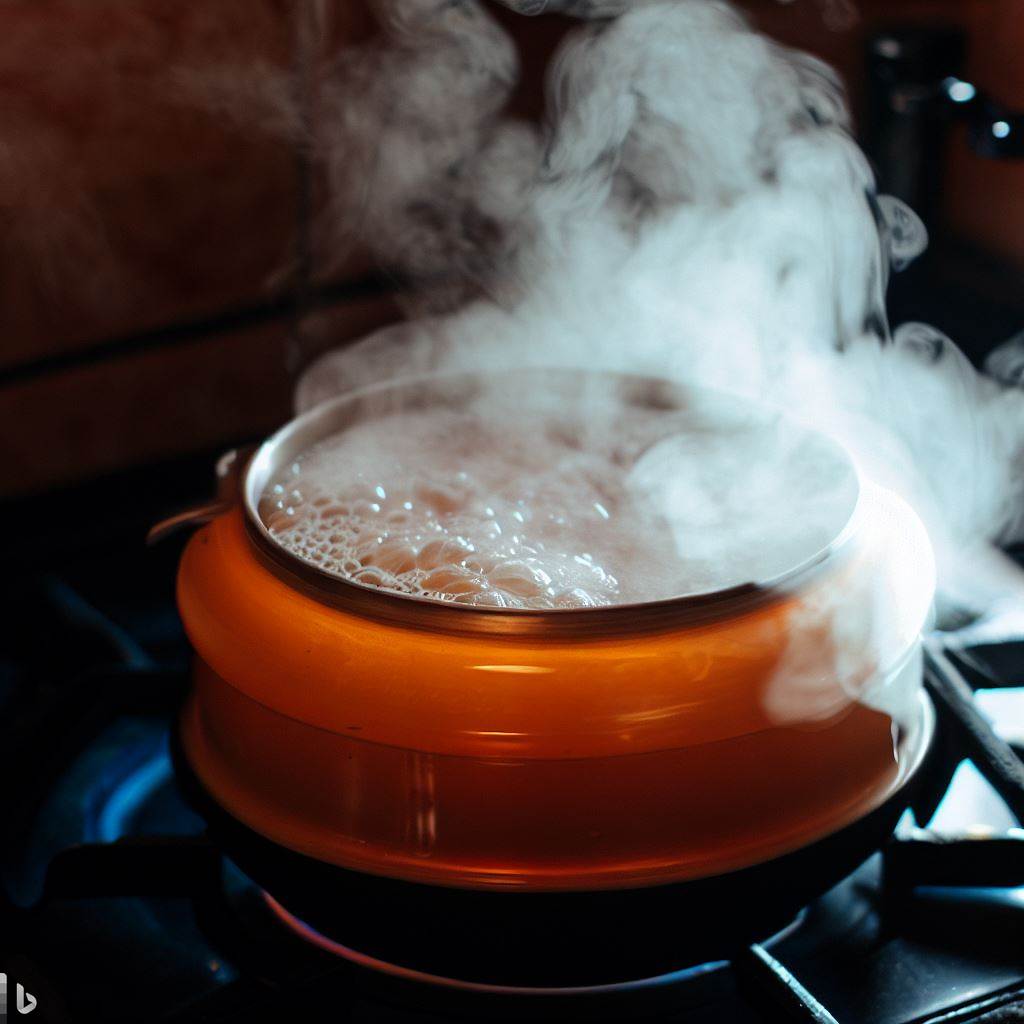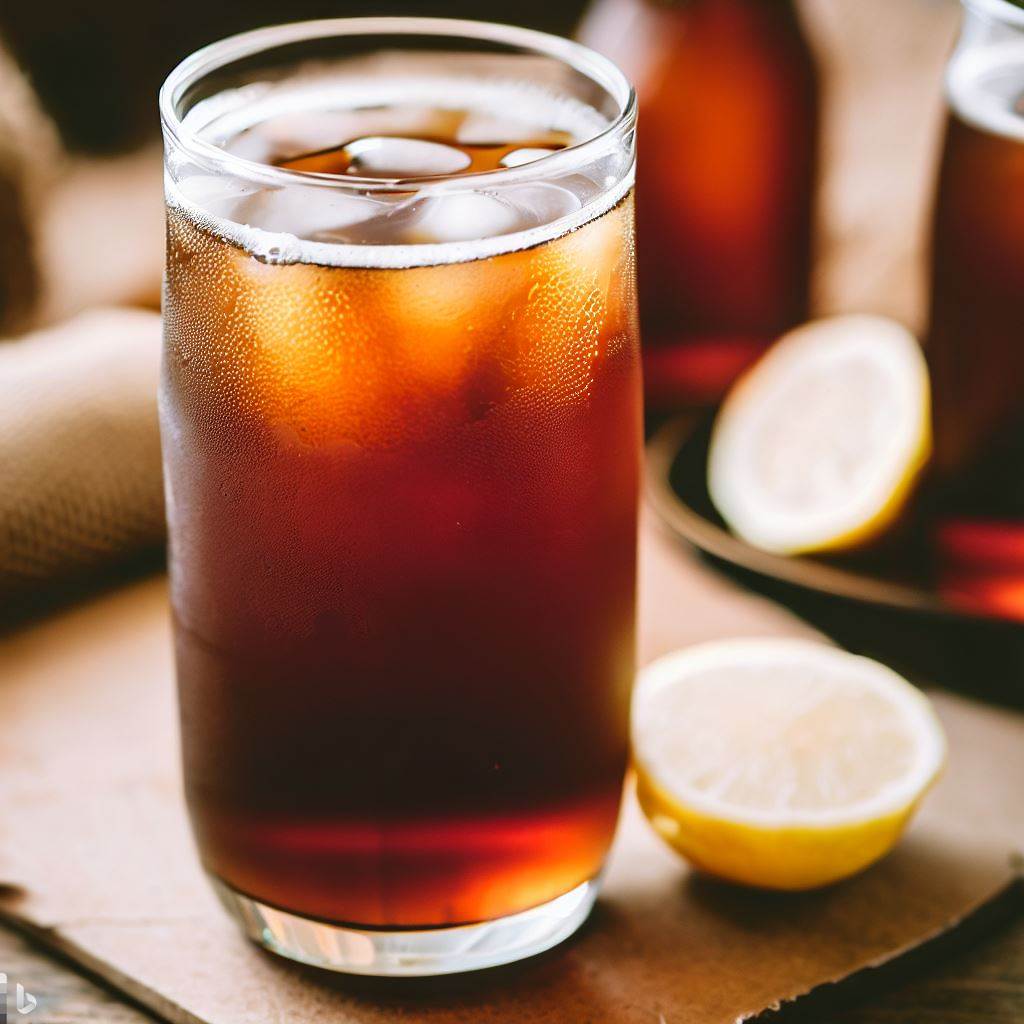Why You Should Avoid Tap Water for Kombucha Brewing: A Guide to Ensuring Quality and Taste; When it comes to brewing kombucha, every ingredient matters, and H20 is no exception. While tap water might seem like a convenient choice, it can actually hinder your brewing process and affect the final taste of your kombucha. In this blog post, we’ll explore why avoiding tap water is crucial for brewing kombucha and suggest some alternatives to ensure your brew is top-notch.
Understanding the Vital Role of Water in Kombucha Brewing
Firstly, it’s important to understand that H20 plays a pivotal role in kombucha brewing. It serves as the base for your tea and provides a habitat for your SCOBY (Symbiotic Culture of Bacteria and Yeast) to thrive and ferment. Therefore, the quality of your water directly impacts the quality of your kombucha.
The Problem with Tap Water
So, why is tap water a poor choice for brewing kombucha? The answer lies in the treatment process. Tap water often contains chlorine and chloramines, chemicals used to kill harmful bacteria and other microorganisms. While these substances make tap water safe for drinking, they can harm your SCOBY and disrupt the fermentation process.
Moreover, tap water may contain other impurities like heavy metals, minerals, and fluoride, which can alter the taste of your kombucha and potentially harm your SCOBY.
The Solution: Using Filtered, Spring or Bottled Water:
Now that we’ve established the problems with tap water, let’s discuss the solution. Using filtered spring or bottled water for your kombucha brew is a safer bet. GMK’s reccomended waters is as follows…
Filtered H20 has undergone a process to remove most of the impurities found in tap water. A good quality water filter can remove chlorine, chloramines, heavy metals, and other contaminants, leaving you with clean water that won’t harm your SCOBY or affect the taste of your kombucha.
Similarly, bottled spring water is a great option. It’s naturally free of the harmful chemicals found in tap water and rich in minerals that can enhance the taste of your kombucha. Lastly, spring water can be a good choice as it does not contain chemicals, chlorine or flouride to upset the scoby in brewing. Want to do a deep dive on water types in kombucha brewing? Check out this Youtube Video.
Conclusion
In conclusion, while tap water might be a convenient choice, it’s not the best option for brewing kombucha. By opting for spring, filtered or bottled water you can ensure a healthier SCOBY. You can expect a smoother fermentation process, and a tastier final product. So, the next time you set out to brew a batch of kombucha. Remember: quality water is key to quality kombucha.
Thank you for reading Greek Mountain Kombucha’s Blog Post on “What Water in Kombucha Brewing.” Check our some other relevant posts!

